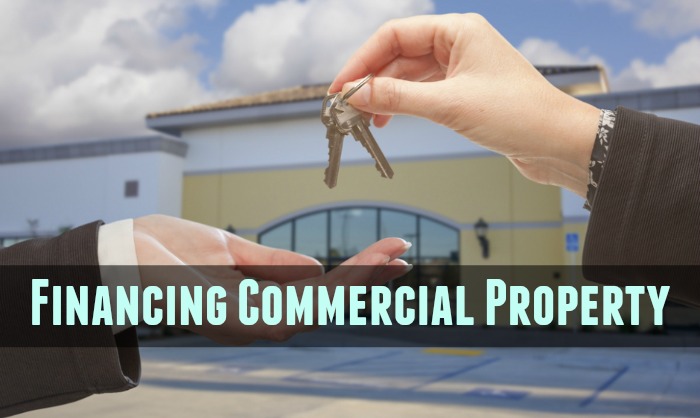Commercial premises can be incredibly expensive to invest in, and few businesses have the necessary funds available off the bat. This means that financing options must often come into play, and there are a wide variety of these available for entrepreneurs to choose from.
However, as with any form of borrowing, securing finance for commercial purposes is not to be taken lightly. There are a number of risks attached to it, and failing to perform the proper research can ultimately prove disastrous. This means that it pays to be informed. The more you know, the higher your likelihood of securing the best possible terms, and the greater your chances of commercial success in the long-term. To help you out, we’ve collated this brief guide on financing your next commercial endeavor.
Understanding Your Options
When it comes to financing commercial properties, it is not a case of one size fits all. There are a wide variety of borrowing options to choose from, and it pays to be familiar with as many of them as you can. Different forms will of course suit different projects to varying degrees, so your best bet will often be to settle on a suitable provider, and then seek their advice on the package that is most likely to complement your purposes. Companies like Secure Trust Bank will be happy to provide this service for you, and the options these companies present are likely to be as follows.
Business Loans
Business loans will usually extend up to £25,000 to borrowers. Although largely unsecured, and thus lower risk than many of their alternatives, this amount often falls short with regards to providing the funds you need to invest in commercial properties, so many entrepreneurs dismiss such an option entirely. This may not be the wisest move. It is usually best to borrow the smallest possible amount, so if you simply need an extra cash injection to stimulate your endeavor, a business loan is one choice that you really ought to consider.
Commercial Mortgages
Where business loans fall short, a lot of people turn to commercial mortgages in their stead. Widely available to ambitious businesses, from sole traders to limited companies, they will generally fund up to 75 per cent of the total purchase cost. This figure can be incredibly enticing for entrepreneurs with big dreams for the future, but you should still think carefully before taking the plunge. Typically, you should be able to secure terms for up to 30 years. The amount you borrow will be levied against a first charge. However, unless you’re borrowing over £50,000, you’ll probably find a commercial mortgage uneconomical due to the legal and administrative costs attached to it.
Property Development Finance
Should the two aforementioned options fail to provide a viable funding solution, you might want to consider property development finance in their place. Usually, this will assume the form of a short-term loan, to be used specifically for the purposes of a new building project, or the refurbishment of an existing investment. The amount advanced will generally total around 70 per cent of the overall gross development value, and this can be just the injection you need to get your project off the ground. However, with only 24 months, on average, to repay this amount, it can be a real gamble to pursue an endeavor financed in this way.
The Best Option for Your Business
The truth is that no one can say with certainty which of these options will be the best for your business. Each has its own benefits and downsides, and in the event, it comes down to nothing more complicated than which of the three complements your aims and endeavors to the greatest degree. Do your research, shop around, and consider all of the options open to you, and you should soon find the perfect finance package for your project.

